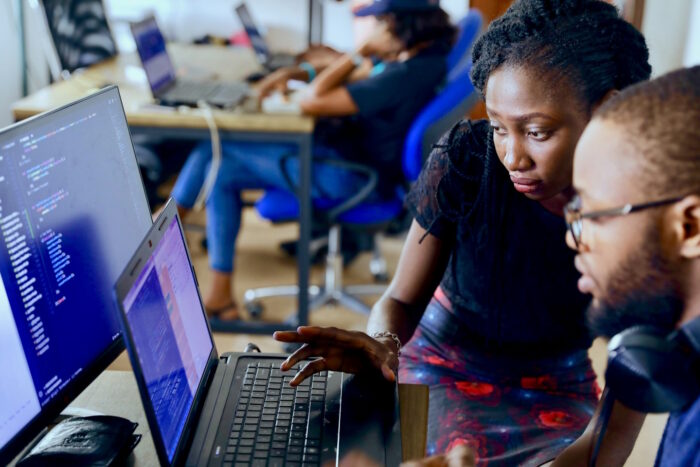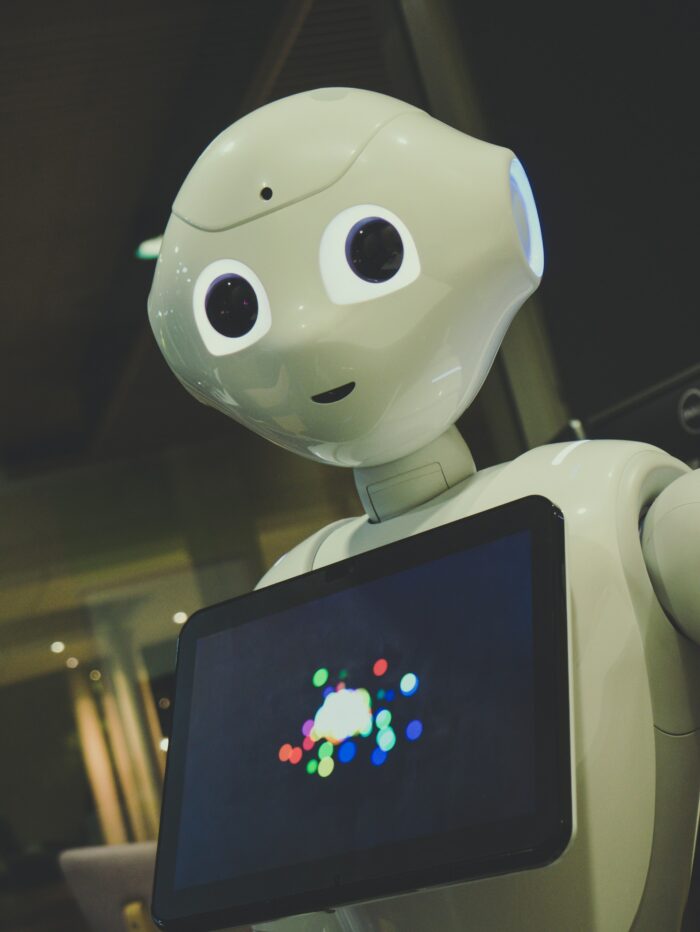Computer Science
- UCAS Code: G400 BA/CS
- Campus Code: 4
- Duration: 3-4 years
- Places per year: 3-4
Computer science is a fast-moving field that brings together disciplines including mathematics, engineering, the natural sciences, psychology and linguistics. Our course provides you with skills highly prized in industry and for research. All aspects of modern computer science are covered, along with the underlying theory and foundations in economics, law and business. You also develop practical skills, such as programming (in various languages, eg OCaml, Java, C/C++, Prolog) and hardware systems (eg chip design).

Computer Science
Looking for something specific? Use these quick links to get to where you want to go…
Course Overview
In the first year, you’ll be taught how computers work from top to bottom and get a grounding in digital electronics (theoretical and practical). You’ll also meet two programming languages, get a grounding in the mathematical underpinnings of computing and the art of software design, and take a good look at how to evaluate and design algorithms.
The group project is one of the highlights of the second year. The year group is split into small teams, each provided with an exciting CS project to complete as well as a ‘customer’ for the end product. These are very popular with industry, who invariably provide us with the project and also play the role of customer.
The third year provides a large set of courses to choose from, each letting you explore specific areas in depth with an expert in that field. You also get to choose your own project to work on, and a supervisor will give you one-to-one help to achieve your goals.

How You Learn
Teaching is provided through lectures, practical classes and supervisions. In Year 1, you can typically expect 20 hours of teaching every week, including up to 12 lectures.
75% of your first year is spent studying Computer Science and 25% studying Mathematics. You sit three Computer Science papers (Papers 1, 2, and 3) and the Natural Science mathematics paper at the end of your first year. The remaining years are 100% Computer Science.
At Trinity Hall, you would be guided by the Directors of Studies in Computer Science, Prof Hatice Gunes and Prof Simon Moore.

Entry Requirements
Minimum Offer Level
A-Level: A*A*A
IB Diploma: 42 points, with 776 at Higher Level
Other: See the University’s Entry Requirements page
Subject Requirements
You will need A levels (or the equivalent) in:
- Mathematics
- Further Mathematics
We will normally ask for A* in A Level Further Maths. If your school doesn’t offer Further Maths, please contact us for advice.
If you’re studying IB, we ask for HL Analysis and Approaches for this course. We will normally ask for a 7 in this subject.
Useful Preparation
Some background in Computer Science is helpful. A-Level Computer Science provides useful background skills though we recognise that many schools do not offer the subject. There are opportunities for you to learn more about computer science using online materials including learning the basics of programming. As an example, please see the materials from the Raspberry Pi Foundation, which was founded by members and alumni of the University of Cambridge.

Admissions Process
Written Work
None required.
Admissions Assessment
All applicants for Computer Science are required to take the Test of Mathematics for University Admission (TMUA) at an authorised assessment centre. You must register in advance for this test.
Please see the University’s admissions test page for more information.
Interviews
Two interviews of about 25 minutes each.
Video Resource
Going beyond what you learn at school and engaging with super-curricular resources is a great way to develop your knowledge of your subject and demonstrate your passion at interview.
Watch this Royal Institution Lecture of Prof Hatice Gunes on ‘Can machines be emotionally intelligent?’
Directors of Studies
Prof Simon Moore is on sabbatical for the 2024/25 academic year, and Dr Jack Hughes is covering.